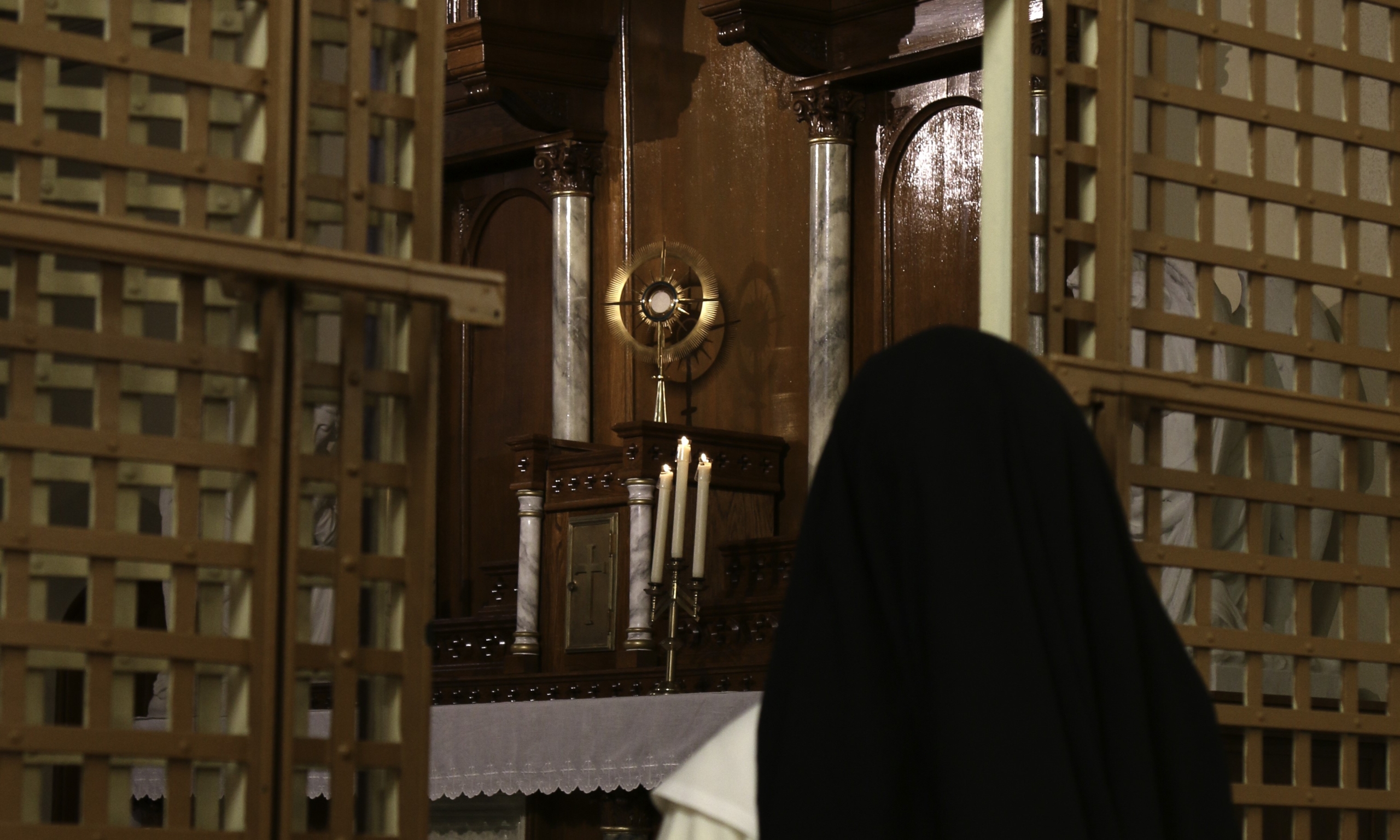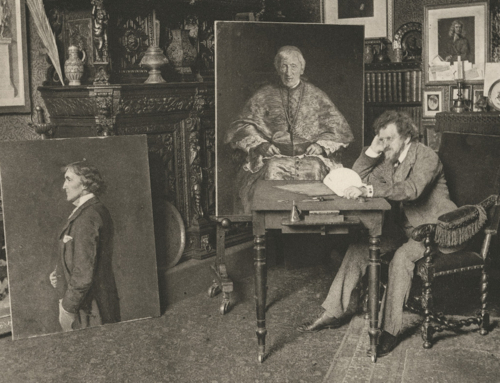I was caught off guard recently when I read a wedding invitation from a cloistered nun.
After receiving her cousin’s wedding invitation, Saint Thérèse of Lisieux decided to “amuse” herself and write her own invitation entitled, “Letter of Invitation to the Wedding of Sister Thérèse of the Child Jesus and the Holy Face” (Story of a Soul, 168-9).
It is written in the traditional format: the parents inviting the recipient to be present at the nuptials of their children.
First, the groom’s parents:
“God Almighty, Creator of Heaven and Earth, Sovereign Ruler of the Universe, and the Most Glorious Virgin Mary, Queen of the Heavenly Court, announce to you the Spiritual Espousals of Their August Son, Jesus, King of kings and Lord of lords, with little Thérèse Martin.…”
Next, the parents of the bride:
“Monsieur Louis Martin, Proprietor and Master of the Domains of Suffering and Humiliation and Madame Martin, Princess and Lady of Honor of the Heavenly Court, wish to have you take part in the marriage of their Daughter, Thérèse, with Jesus, the Word of God, the Second Person of the Adorable Trinity, Who through the operation of the Holy Spirit was made Man and Son of Mary, Queen of Heaven.”
Of course, this invitation is not to a conventional wedding. This is a union of an entirely different order. She has written an invitation to the profession of her vows. Thérèse—in her own typical way—is only mirroring what God has already done. God himself frequently uses spousal imagery to describe his relationship with the people of Israel: “as the bridegroom rejoices over the bride, so shall your God rejoice over you” (Isaiah 62:5).
Thus, we can see in St. Thérèse’s “nuptial announcement” a love note which invokes the entire history of the Jewish people and their God as the story of a Lover and his Beloved. This union of love—between Lover and Beloved—is not of the flesh, it is not physical. It is a spiritual union.
In profession, the religious sister or brother (in this case, Sœur Thérèse) can say “I belong to Jesus!” There need be no caveats or qualifications. By making vows, the totality of body and soul—all of the emotions, decisions, actions, intentions, past, present, and future—are given over wholly to God. It is the earthly fulfillment of St. Paul’s recommendation “to present your bodies as a living sacrifice, holy and acceptable to God, which is your spiritual worship” (Rom 12:1).
To secular persons and even to some Catholics, the idea of leaving the world for God—what many would call “throwing away your life”—is utterly contrary to reason and natural instincts. However, such a bold act of exclusive friendship—mirroring in many ways the union of man and wife—could only be motivated by love: love received from Heaven and a desire to love Heaven in return.
The marital image helps us understand God’s love—it is exclusive, total, self-giving, fruitful, redemptive, and ennobling.
Saint Thérèse , send us a rose from Heaven and help us to see your Beloved spouse as you see him.
✠
Photo by Fr. Lawrence Lew, O.P. (used with permission)







